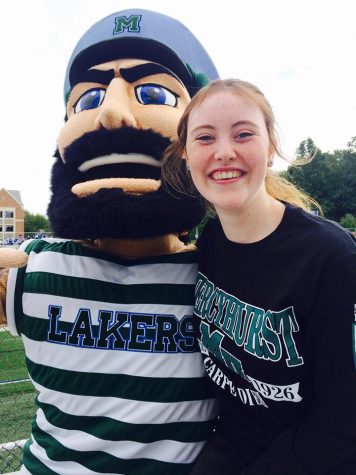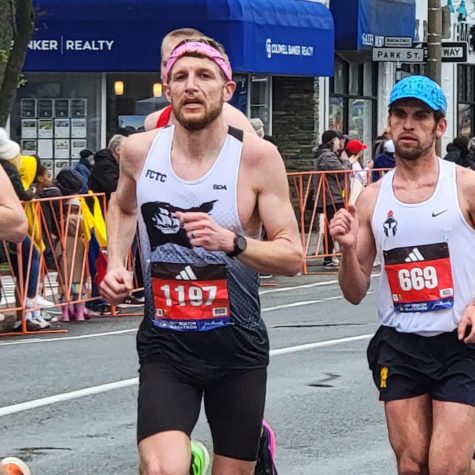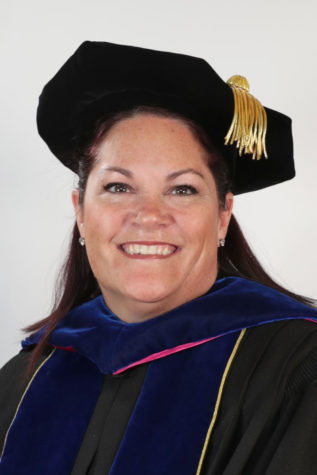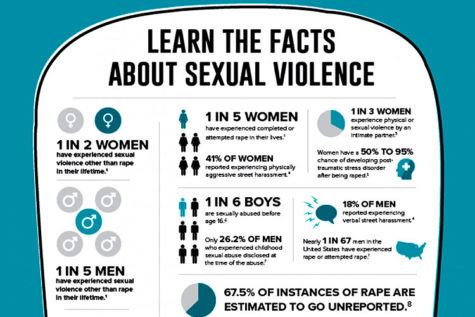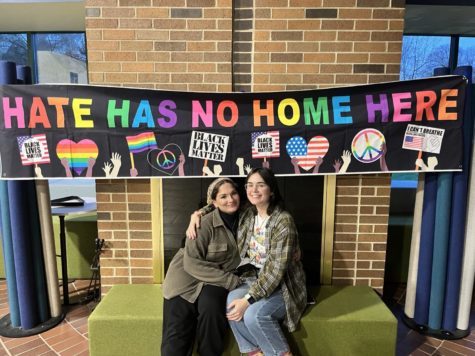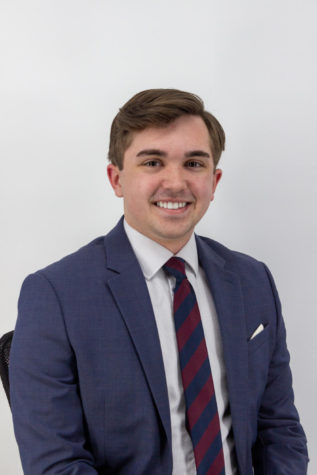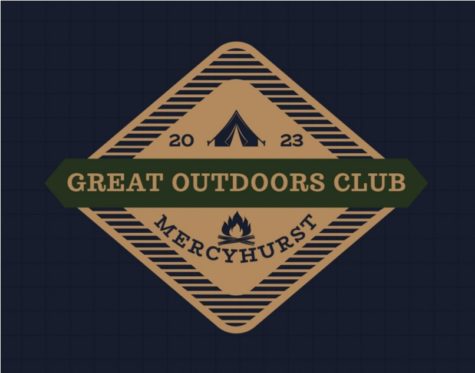Phoodie app takes second-place award
February 6, 2018
Mercyhurst University’s newly formed Data Science Club took the second place award in this year’s Hyland Hackathon, a highly competitive initiative for students looking to showcase their ideas in technology. This year’s competition was held in December in Westlake, Ohio — the third of its kind to take place at Hyland Software’s headquarters.
One of the Mercyhurst teams, made up of Heidi Beezub, Data Science graduate student; Ron Richardson, Data Science graduate student; Kimberly Staudt, Data Science graduate student; and Tiffany Gonzalez, junior Accounting and Data Science double major, took the second-place award for their creation of an app called Phoodie.
The concept is a food delivery application based on the swipe motion of Tinder, which allows a customer to have food delivered from their favorite restaurants for a nominal fee. The Phoodie application acts as the middleman to “connect eaters to eats.”
Users can swipe though the app and actually see what is available. The restaurants that are connected post offerings by supplying a picture and short description.
A total of 78 high school and college-level students took part in the Hackathon, including a second Mercyhurst team. The Phoodie team finished on the heels of first-place winners, Tiffin University, who combined forces with Olmsted Falls and Brunswick high schools. Their project involved a website for organizing class discussions.
“Our whole department is quite proud of the accomplishments of our students,” said Afzal Upal, Ph.D., chair of the Data Science department. “The Hackathon was a completely student-driven initiative. What makes this so special is that we don’t even have a computer science program, yet our Data Science students were able to compete in a computer programming competition and nearly win it.”
The Data Science club adviser, Stephen Ousley, Ph.D., professor of Data Science, hopes that success at this event can continue down the line and that Mercyhurst will be able to team up with high school students in the future.
“It was an exhausting weekend, but you get a real sense of what can be accomplished when you work together,” Beezub said.
The competition was the result of hard work on the part of each student.
“Both teams competed hard to solve a very challenging computer programming problem with little or no sleep,” said Upal. “Please join me in congratulating all the students who took time out of their busy schedules to take part in this grueling 48-hour-long exercise. We’re so proud of you.”

